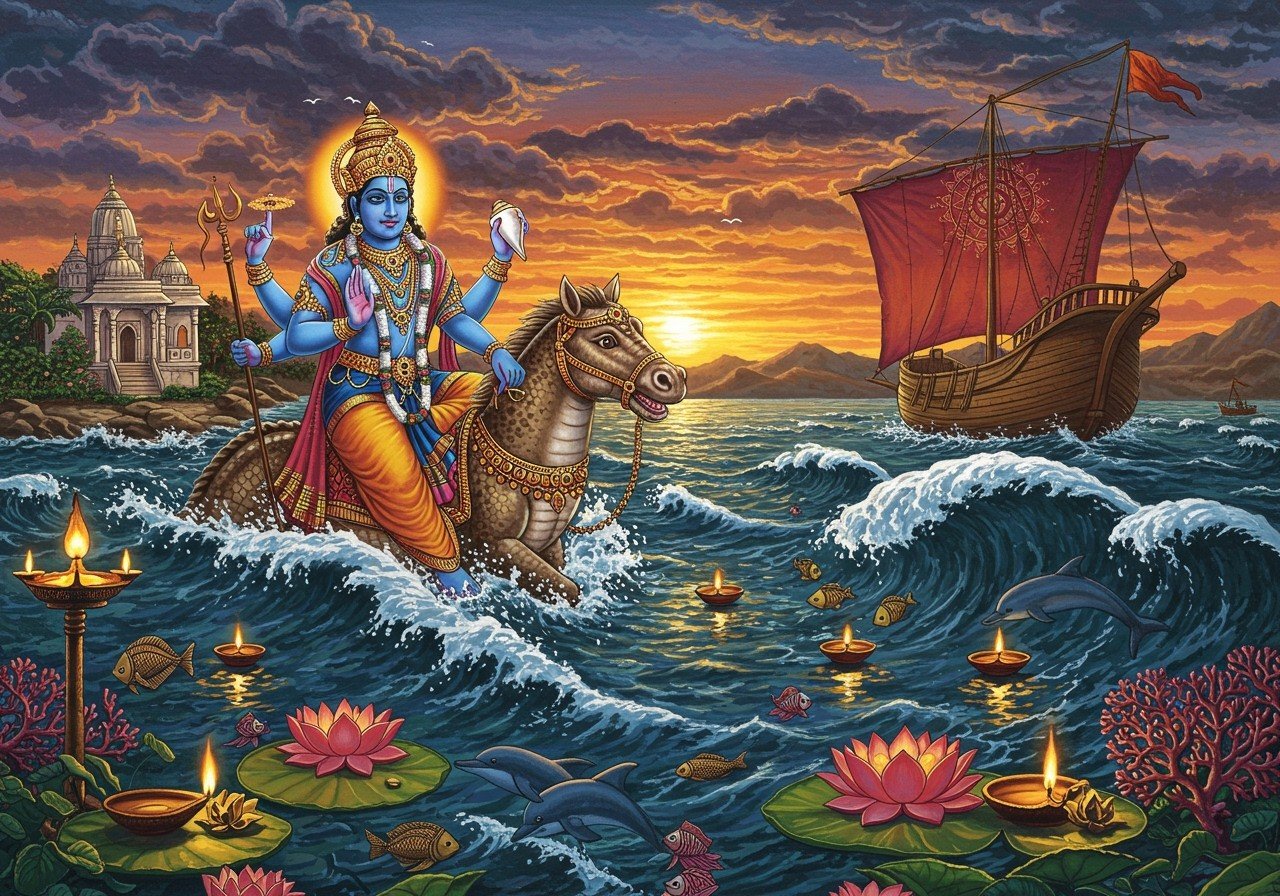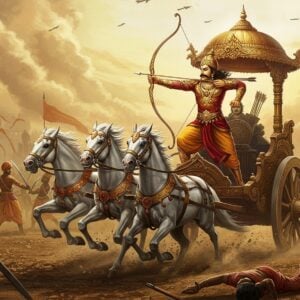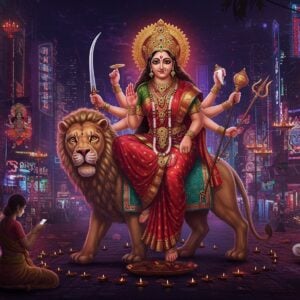
In Hindu culture, the ocean holds profound spiritual and mythical significance, far beyond simply being a body of water. It represents a source of life, power, and the vast unknown. Coastal communities have long revered deities associated with the sea, shaping their beliefs, rituals, and way of life. Understanding this deep connection between Hinduism and maritime traditions offers valuable insights into India’s rich cultural heritage.
Coastal Temples and Deities
India’s coastal temples are not merely architectural marvels; they are vibrant spiritual centers. The Jagannath Temple in Puri, Odisha, stands as a prime example, deeply connected to maritime traditions. These temples often serve as venues for rituals honoring sea deities like Varuna, the Vedic god of the waters. Festivals celebrated at these temples pay homage to the ocean’s bounty and the divine beings who govern its rhythms.
Historically, these temples were crucial hubs for trade and cultural exchange. Sailors would seek divine protection before embarking on voyages, offering prayers and performing rituals at coastal shrines. These sacred spaces also serve as repositories of maritime history and local folklore, preserving ancient stories and traditions for generations to come. For devotees seeking a deeper connection to these traditions, Poojn.in offers a wide selection of puja items specifically for honoring maritime deities. Learn more about the Ramachandi Temple in Odisha, a significant pilgrimage site.
Significance of the Ocean in Hindu Mythology
The ocean symbolizes the cyclical nature of life, death, and rebirth in Hindu cosmology. It features prominently in Hindu mythology, with tales like the Samudra Manthan, the Churning of the Ocean, highlighting its central role in creation. This narrative depicts gods and demons working together to extract Amrita, the nectar of immortality, from the ocean’s depths, demonstrating its power as a life-giver.
Lord Vishnu’s connection to the sea is evident in his avatars, particularly Matsya (the fish) and Kurma (the turtle). These incarnations emphasize the ocean’s divine nature and its connection to the preserver god. Explore more about Lord Vishnu, the preserver.
Myths also speak of creatures like Makara, a mythical sea beast often depicted with Varuna, symbolizing the ocean’s mystery and might. Epics like the Ramayana and Mahabharata feature the ocean as a significant setting, further solidifying its place in Hindu narratives. The ocean also plays a vital role in Hindu rituals like Tarpana, where water is offered to ancestors, signifying the ocean’s spiritual power to connect the living with the departed.
Traditional Boat-making Rituals
Coastal communities in India observe elaborate rituals and customs surrounding boat-building. Before commencing construction, sacred ceremonies are performed to invoke blessings from sea deities, ensuring the safety and prosperity of future voyages. The materials and designs often reflect local traditions and religious beliefs, with some boats even inspired by mythological creatures, blending practicality with cultural significance.
Community involvement is paramount in these rituals, led by experienced master craftsmen who pass down their knowledge through generations. Boat races, such as the Vallam Kali in Kerala, showcase these traditions with religious undertones, celebrating the sea’s importance. While modern methods have influenced boat-building, the spiritual essence remains strong, with reverence for sea deities continuing to shape these practices.
Poojn.in Supports Maritime Worship Traditions
Poojn.in understands the importance of honoring maritime traditions. We offer a curated selection of authentic puja items for worshipping deities associated with the sea, including Varuna, Matsya Avatar, and various local sea goddesses. Our offerings include pure copper vessels, natural cotton wicks, brass bells, coconuts, betel nuts, pure ghee, and camphor, all essential for traditional maritime pujas. Explore our range of Mangalam Camphor products, perfect for your pujas.
We provide convenient home delivery across India, ensuring that all items are packaged securely to maintain ritual purity. Our customer service team is available to assist you in selecting the appropriate items based on specific coastal traditions and customs. For festivals like Narali Purnima and other sea-worship rituals, we offer complete puja kits containing all the necessary items. We adhere to strict quality standards for all our ritual materials, particularly those that come into contact with sacred water. Visit www.poojn.in to discover our complete range of maritime worship supplies.
Conclusion
The deep relationship between Hinduism and the sea reveals a rich tapestry of spiritual and cultural practices. From the epic Samudra Manthan to the intricate rituals of boat-making, these traditions demonstrate a profound respect for the ocean’s power and life-sustaining essence. Even as modernity influences these ancient customs, the core values of reverence and community continue to flourish, guiding seafaring cultures with wisdom and grace. By embracing these timeless practices, we ensure that the spirit of the ocean remains a vital part of our shared heritage.
FAQs on Coastal Deities and Maritime Traditions
What are some famous coastal temples in India? Several renowned coastal temples grace India’s shores, including the Jagannath Temple in Puri, dedicated to Lord Jagannath, an incarnation of Vishnu; the Shore Temple in Mahabalipuram, a UNESCO World Heritage site; and the Murudeshwar Temple in Karnataka, known for its towering Shiva statue. These temples often honor deities associated with the sea and serve as important pilgrimage sites.
Why is the ocean significant in Hindu mythology? The ocean holds immense significance as a source of life and renewal. It is revered as the abode of Varuna, the god of water, and plays a central role in the creation myth of the Samudra Manthan, where the churning of the ocean yielded Amrita, the nectar of immortality.
Who are the coastal deities worshipped by fishermen? Fishermen traditionally venerate deities like Varuna for safe voyages and bountiful catches. They also worship Matsya, the fish avatar of Vishnu, and Samudra Devi, the goddess of the sea, for protection and prosperity.
How do maritime traditions reflect Hindu culture? Maritime traditions, including boat-making rituals and sea voyages, are deeply intertwined with Hindu culture. Prayers, offerings, and ceremonies dedicated to coastal deities are integral parts of these traditions, seeking blessings for safety and success at sea.
What is the role of traditional boat-making rituals in Hinduism? Boat-making rituals involve prayers and offerings to appease sea deities and ensure the vessel’s safety and the well-being of its crew. These rituals symbolize harmony with nature and respect for the ocean’s power. Check out our collection of Shiva Lingams, symbolic representations of divine energy.
How has Hinduism influenced seafaring cultures? Hinduism’s emphasis on rituals, reverence for nature, and the worship of coastal deities has profoundly shaped the maritime traditions of communities along India’s coastline. These influences are evident in the customs, beliefs, and practices of seafaring cultures.
What is the significance of Lord Varuna in maritime traditions? Lord Varuna, the god of the waters, holds immense importance for seafarers. He is believed to govern the oceans and ensure safe passage for those who journey across the waters. Prayers and offerings to Varuna are common practices before embarking on sea voyages.


